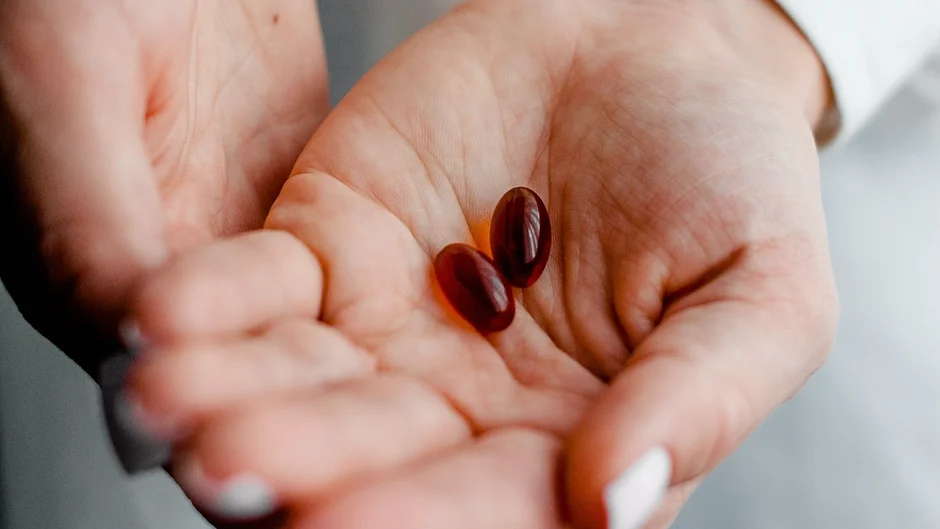
Monday, June 7, 2021, the Food and Drug Administration (FDA) approved a new Alzheimer’s treatment, Aducanumab, that is designed to slow cognitive decline in those with Mild Cognitive Impairment and early-stage Alzheimer’s disease. While this is an awesome breakthrough, we need to better understand who gets the treatment and who does not.
With a price tag of $56,000 annually (averaging $4,667 per month), most of the population will not be able to afford this monthly infusion that is not without controversy on its effectiveness. Some researchers and scientists question the validity of the positive outcome of the new treatment; does it really work?
While we are ecstatic about the opportunity for new Alzheimer’s treatments to see the light of day because of this burst of energy with the recent FDA approval, we must be socially responsible in ensuring that all communities will have access to treatments. African Americans are twice as likely to develop Alzheimer’s, but least likely to have the financial resources to access treatment, support, and care. Therefore, it is incumbent upon leaders in the Alzheimer’s research community, such as the Alzheimer’s Association, to develop a comprehensive road map as to how treatment will be easily accessible to the communities that need it the most.
Although uncertainty lies ahead, we are most grateful during this Alzheimer’s Awareness month that we have a sliver of hope that one day we will meet the first survivor of Alzheimer’s disease.